The MacKenzie Effect: How Billionaire MacKenzie Scott Is Changing the Giving Game
October 29, 2024
A $36 billion fortune made Scott one of the richest women in the world. How she’s giving it away makes her fascinating.
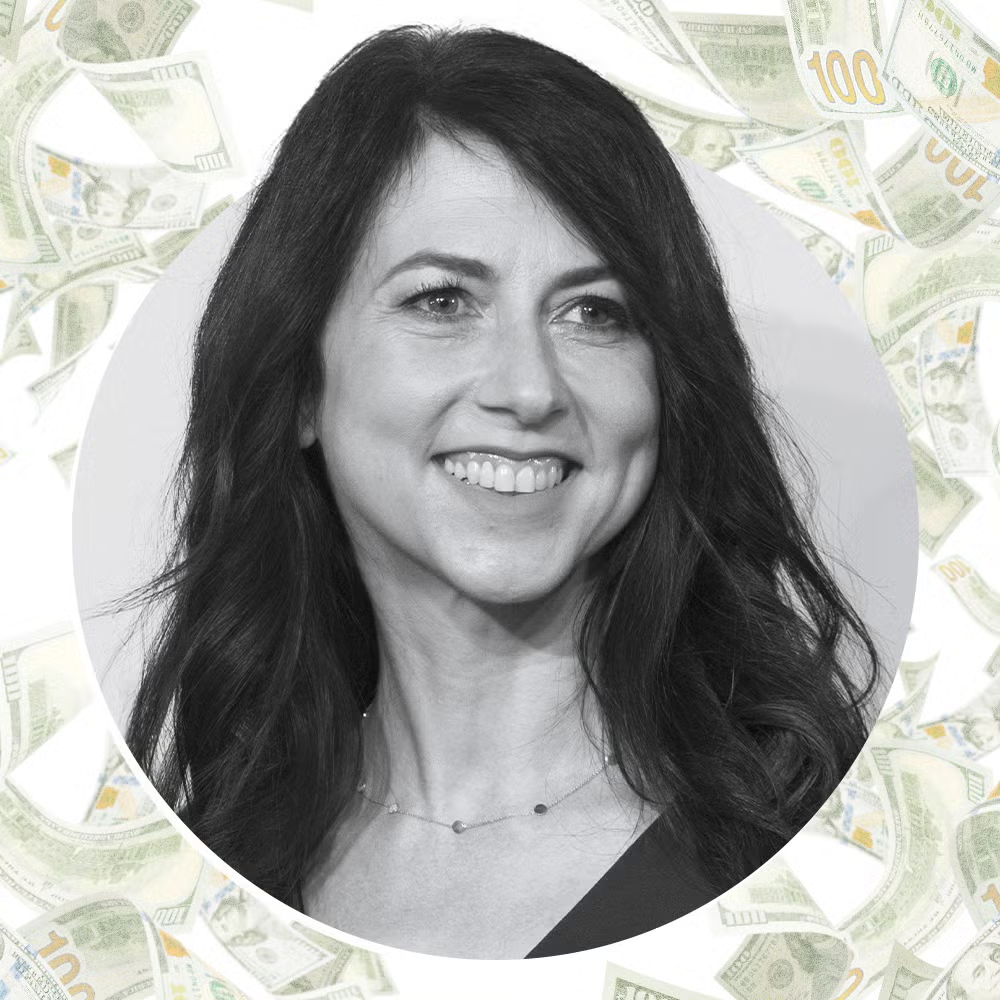
By Andrew Zucker & Styled by Jaclyn Bloomfield | Town & Country Magazine
Yolonda Marshall thought she had received a prank call.
Money dangled by an anonymous donor felt like a possible scam. And the fact that the call came to Marshall’s personal cell phone, not her work phone, made the CEO of Student Leadership Network, an organization helping underserved students reach college, further question the caller’s authenticity. “I’m like, ‘How weird is that?’ ” Marshall recalls. “But the next day I called back. I said to myself, ‘What if it’s real?’”
It turned out to be a multimillion-dollar decision. After weeks of due diligence and back-and-forth with the benefactress’s representatives, one of the world’s richest people made a $7 million gift to Student Leadership Network. And unlike many gifts from big-ticket donors, it was unrestricted, meaning Marshall and her team could use the money as they saw fit.
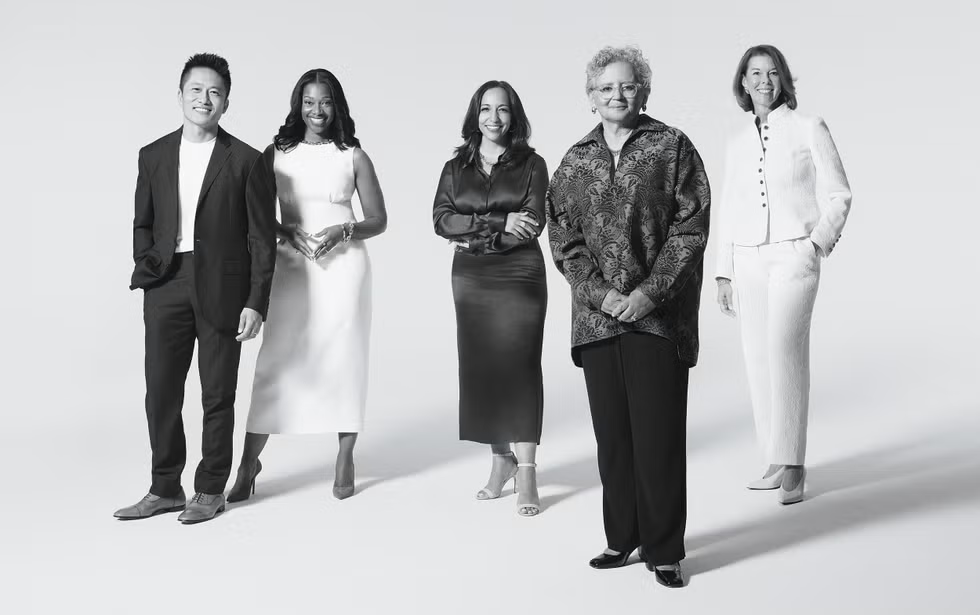
“When you’re running a nonprofit, you’re so busy doing the work of ensuring that you’re making a difference in the lives of so many individuals who need it most, making sure they feel seen,” Marshall says. “Receiving the MacKenzie Scott gift made my leadership team and me feel seen.”
Most of the time, when well-to-do couples call it quits they must split assets like real estate, jewelry, and artwork. For MacKenzie Scott and Jeff Bezos, their 2019 divorce meant divvying up ownership of one of the world’s largest companies. Scott walked away from the marriage with four percent of Amazon (worth about $36 billion), instantly becoming America’s third-wealthiest woman.
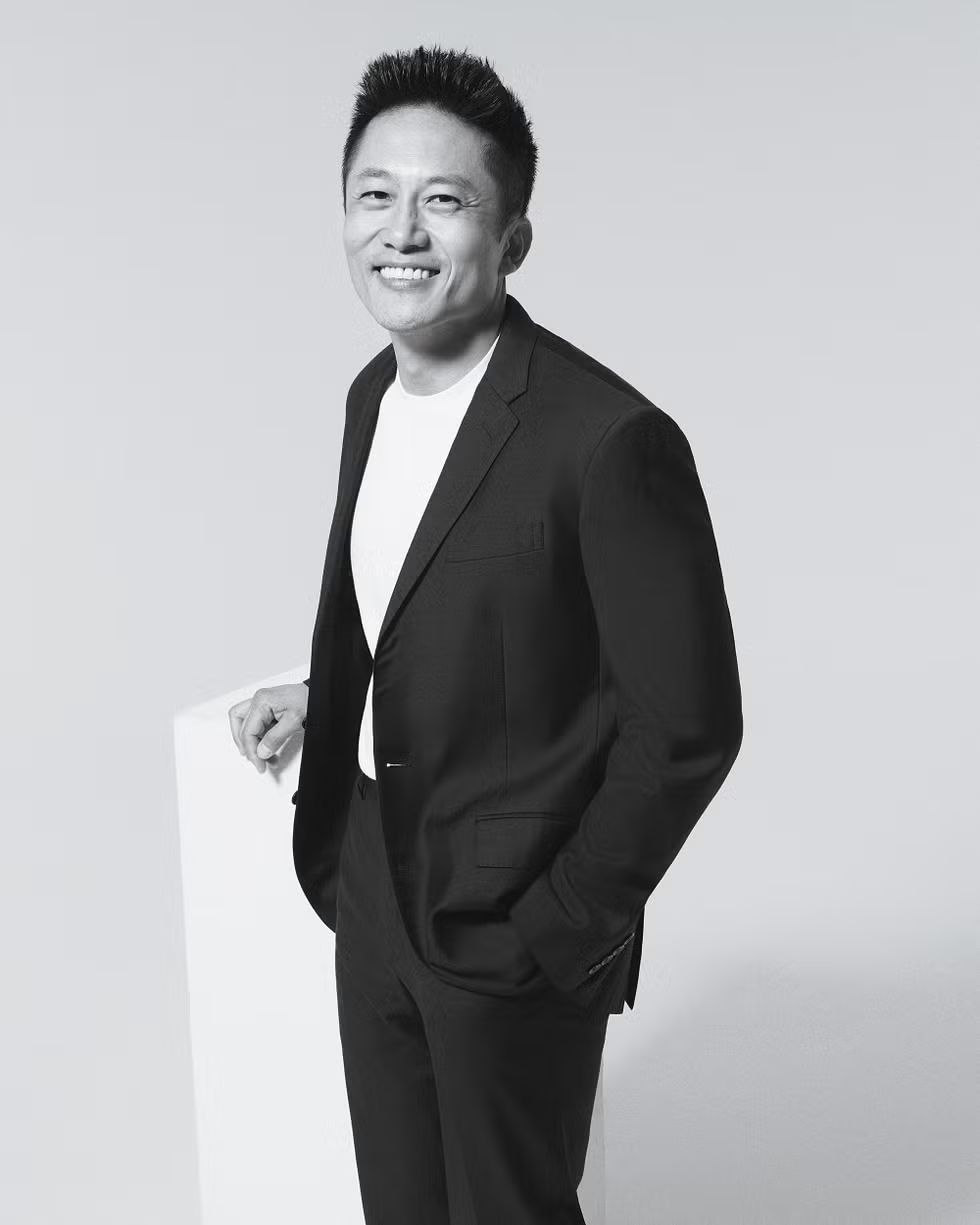
She’s made good use of her new status. While Bezos has pledged $10 billion to tackle climate change, the 54-year-old Scott, an American Book Award–winning author, has doled out more than $17 billion to thousands of charitable organizations, oftentimes surprising them with the gifts. The scale of Scott’s no-strings-attached giving is unheard of even in the high-flying world of gazillionaires.
“There’s a sort of mystique around it,” says Cecilia Conrad, whose organization, Lever for Change, which matches philanthropists with nonprofits, received a grant from Scott in 2021 and helped her dish out $640 million to charities in 2024. Conrad acknowledges that many people worry that small organizations aren’t well equipped to absorb large donations, but the former economics professor views it as a “solvable problem.”
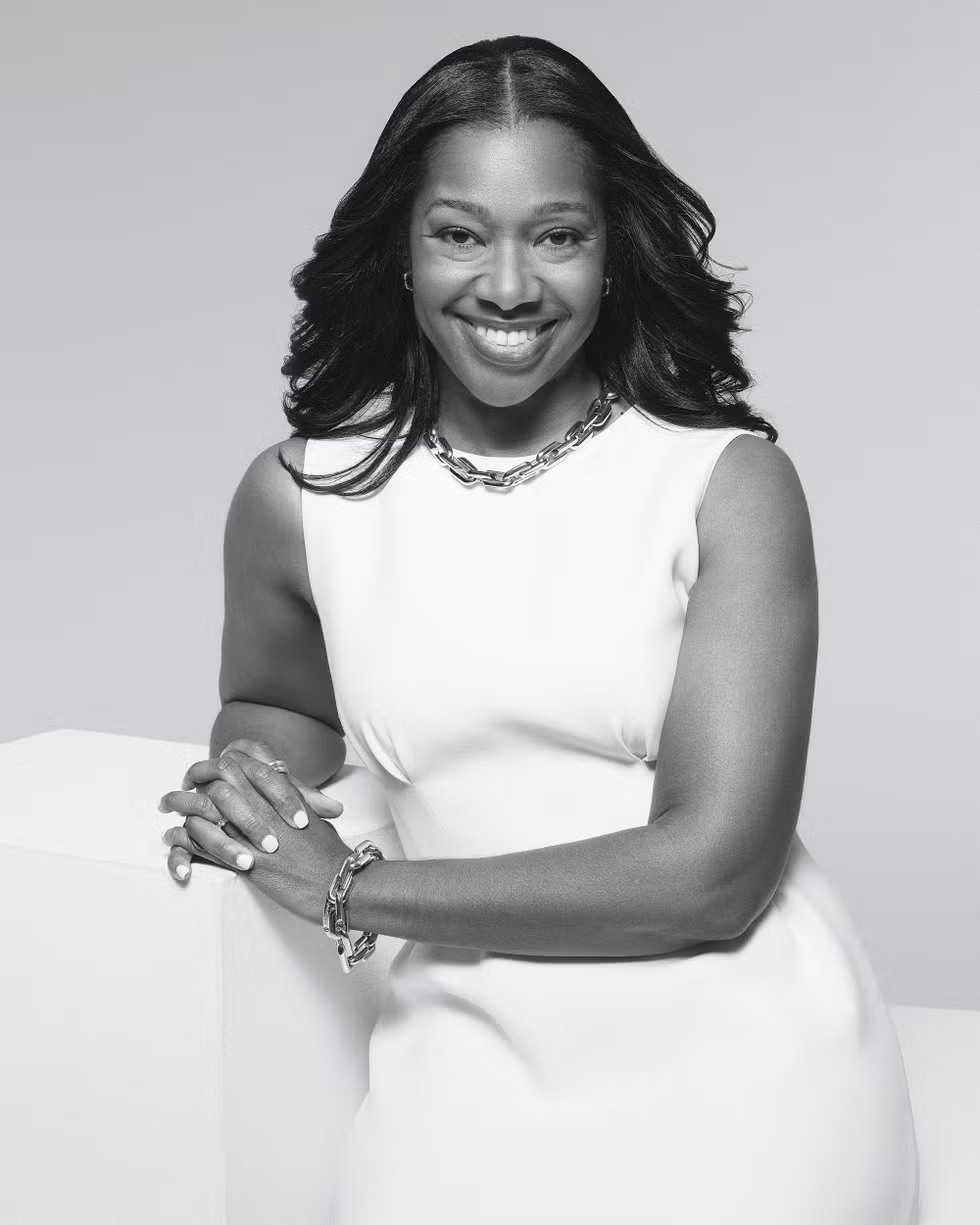
“It’s kind of a vicious cycle, because you say, ‘Well, they’ve never had a grant that big, so therefore they can’t absorb a grant that big.’ Then they never get a grant that big,” she says. “You have to allow them the space to build the infrastructure they need.”
While Conrad doesn’t expect every Giving Pledge signer to adopt Scott’s “trust-based” philanthropic style, which emphasizes each non-profit’s role in allocating a gift, she does believe megadonors are listening more to organizations’ needs.
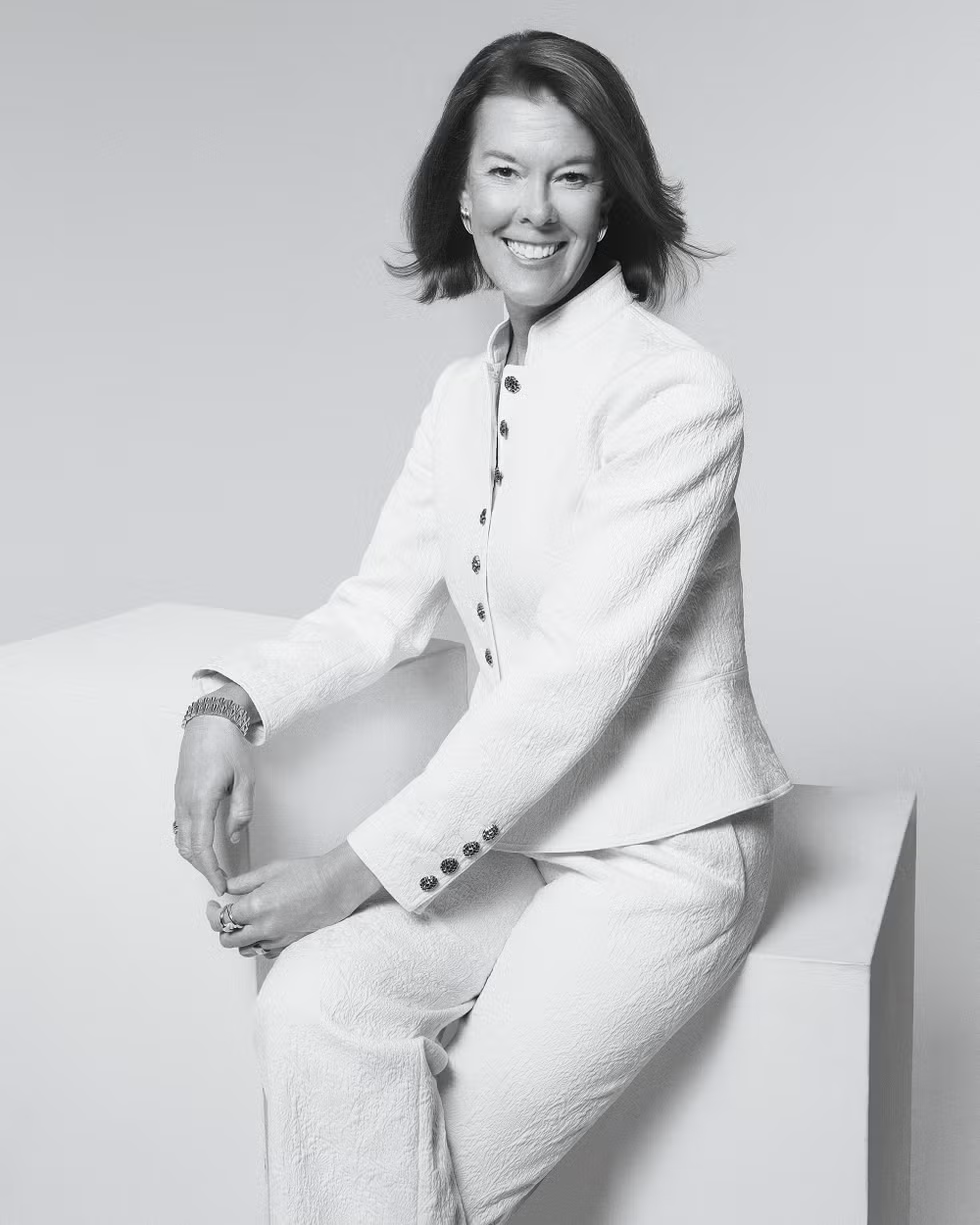
“There has been, in my mind, a slow movement—but it’s a movement—toward giving more freedom to organizations to define what the work will be,” Conrad says. “I think there’s an openness to recognizing that the expertise resides with the organizations and not necessarily with the very smart person who made lots of money.”
Early in Scott’s giving, some critics called on her to make her philanthropy less opaque, so that any charity could make its case. Because of her perceived secrecy, unlocking “MacKenzie bucks” felt like a game of chance. “There was all this buzz around, ‘Are you going to be the one?’” Marshall says. “But there wasn’t a whole lot of talk about how to [receive funding].”
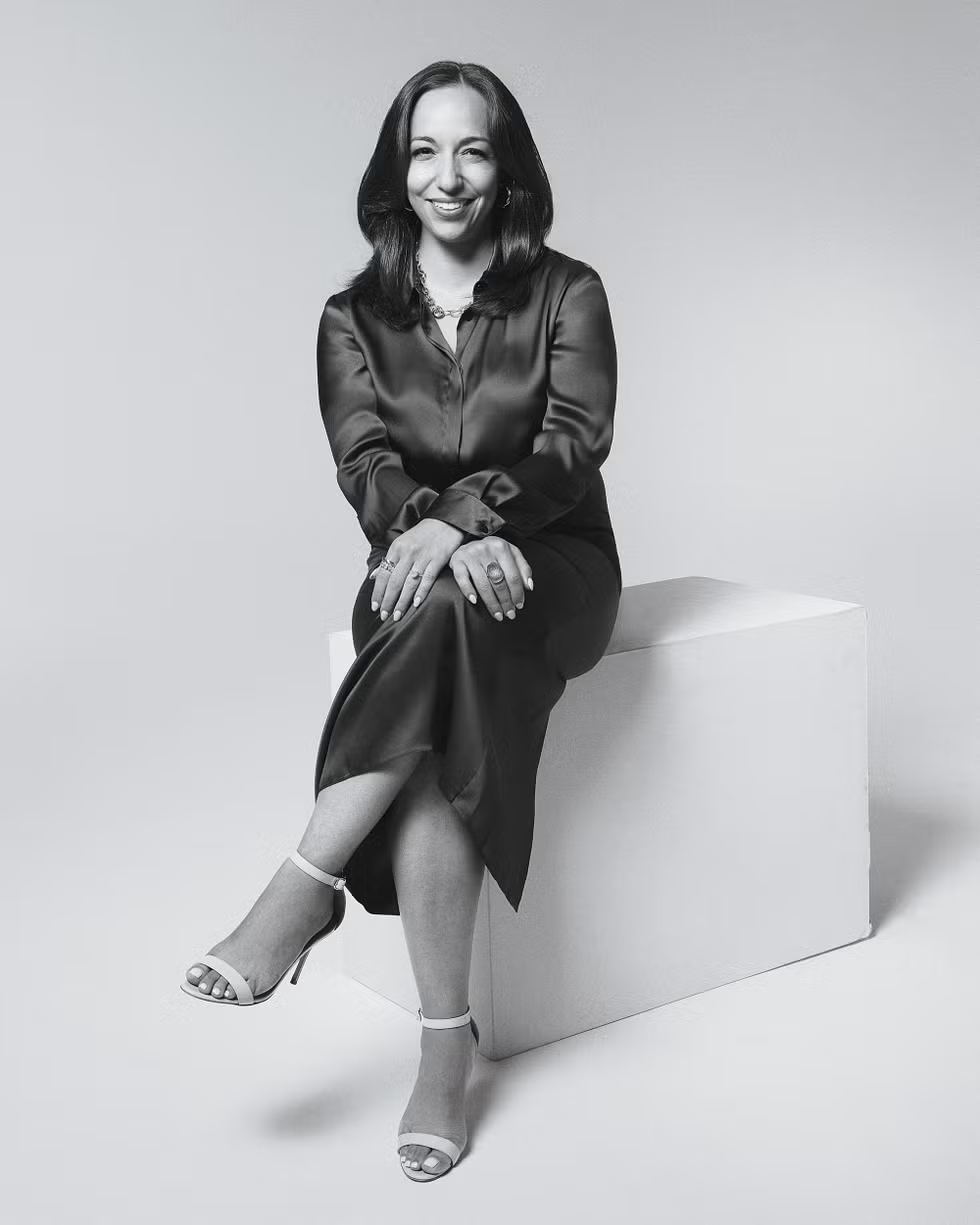
That changed in 2023, when Scott’s philanthropic outfit, Yield Giving, partnered with Lever for Change to start the Yield Giving Open Call, which promised to give away $1 million gifts to 250 “community-led, community-focused” organizations. Since then Scott has more than doubled the amount to $640 million, which has been distributed (in $1 million and $2 million grants) to 361 organizations such as Dallas Afterschool, English for New Bostonians, and Justice for Migrant Women.
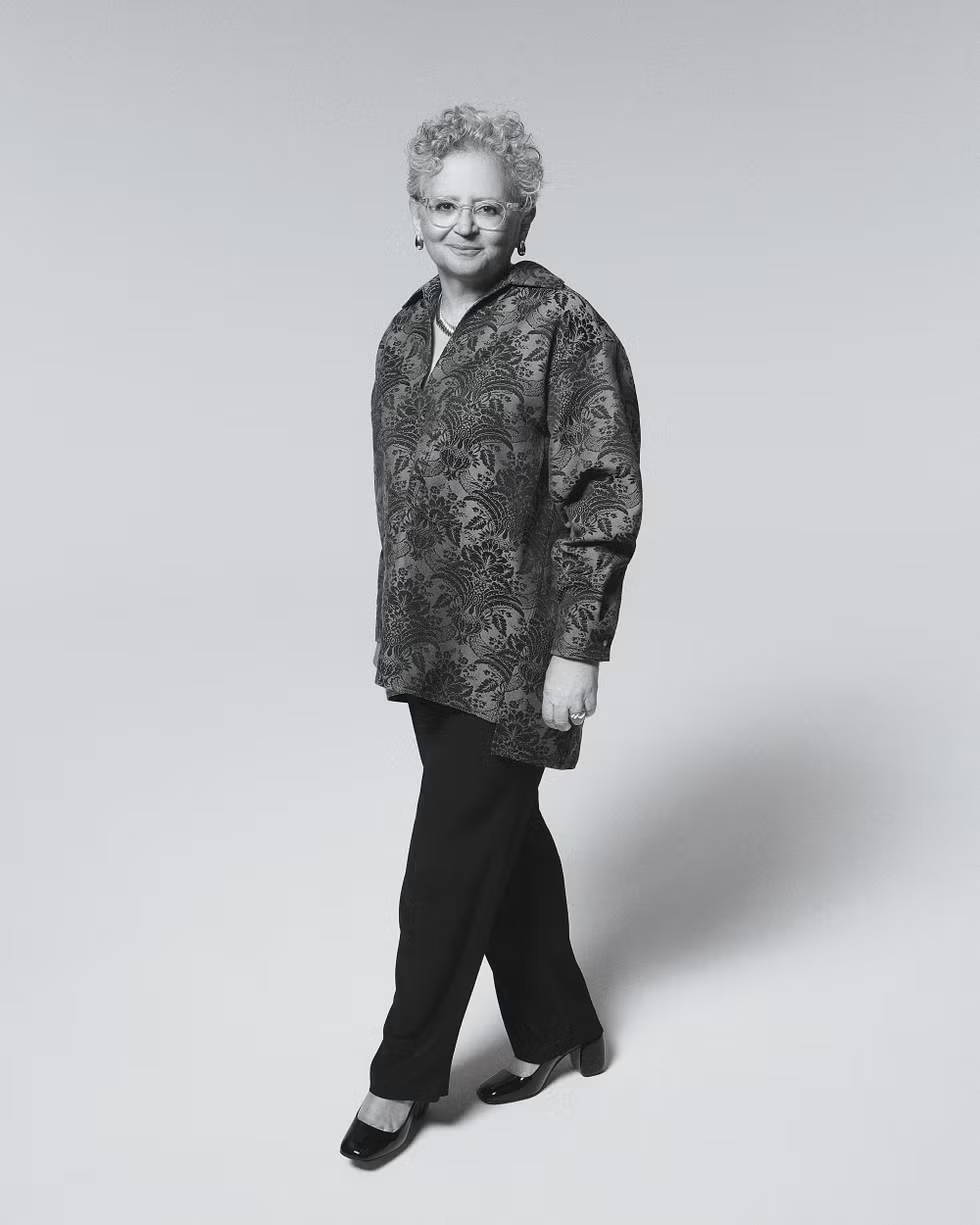
Scott herself has little interest in recognition. None of the five leaders from Scott-backed nonprofits who gathered in July for a Town & Countryphotoshoot had met or spoken to her. “We see male billionaires buy spaceships and female billionaires do incredible giving campaigns,” says Layla Zaidane, the head of Future Caucus, a non-partisan organization focused on young lawmakers that received a $2 million gift from Scott in 2020. “I hope to see more people follow their lead, because it really is transformative.”
This story appears in the November 2024 issue of Town & Country.






Join 1,900+ BIPARTISAN LEADERS NATIONWIDE
Be a part of a network of lawmakers committed to governing effectively, passing more representative public policy, and increasing public trust in democracy.